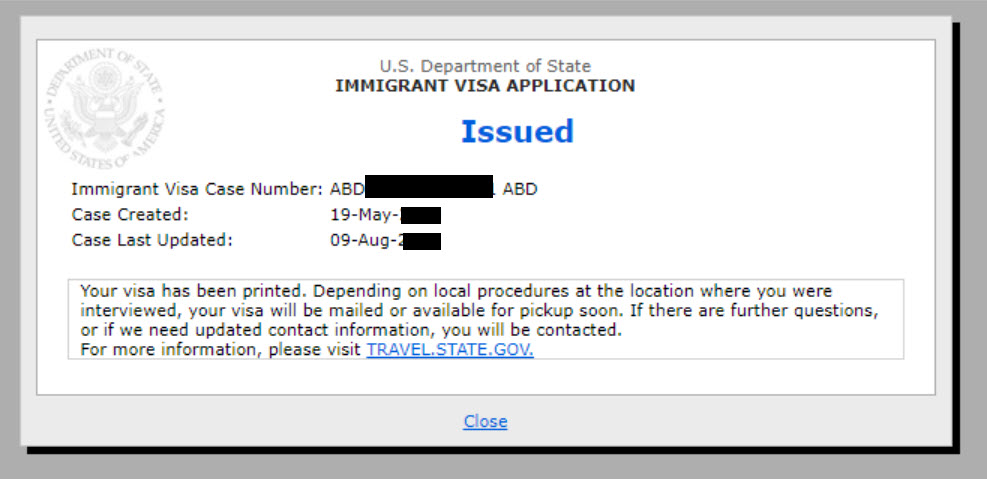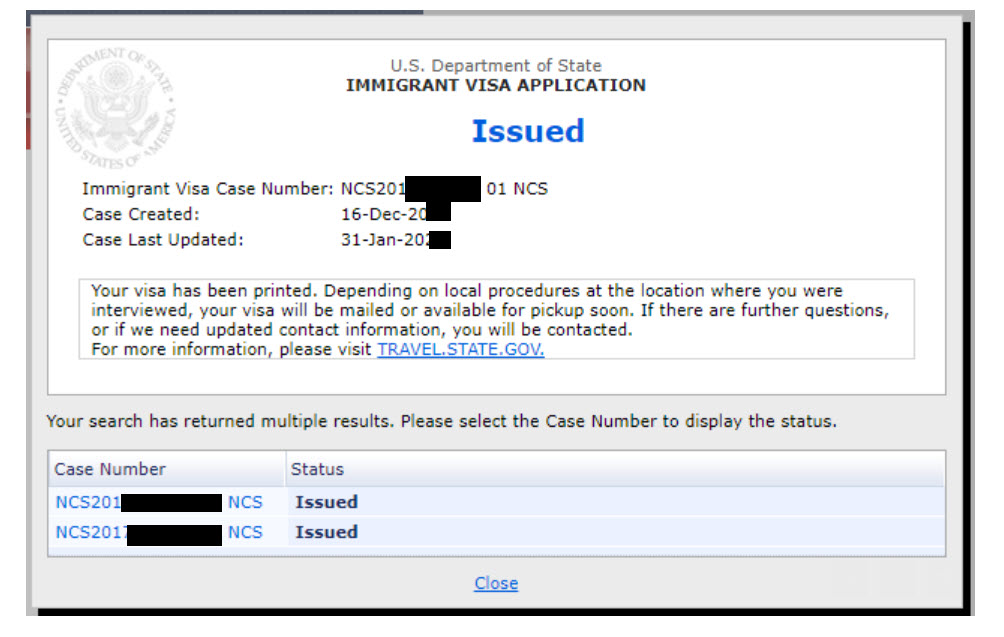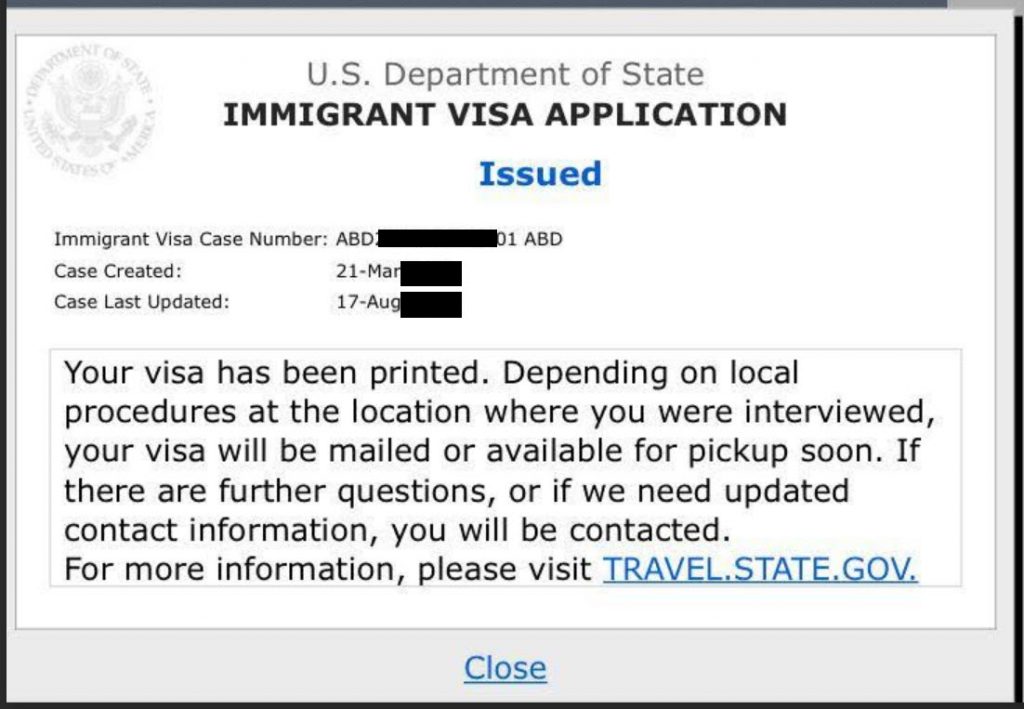Writ of Mandamus
Still Waiting on USCIS or the U.S. Consulate?
We File Federal Lawsuits That Get Results
You May Have the Legal Right to Sue the Government and Force a Decision.
We’re a U.S. Immigration Litigation Firm That Has Helped Dozens of Clients Break Through USCIS and U.S. Consulate Delays with Mandamus Lawsuits.
100+ Successful Federal Mandamus Filings
Expedite Your Immigration Case with a Writ of Mandamus.

Fastest Way to Resolve Delayed Green Card, Citizenship, Visa or Asylum Cases

What is a Writ of Mandamus
A Writ of Mandamus is a federal lawsuit that forces a government agency—such as USCIS or the State Department—to act on a long-pending immigration case. While this legal action cannot force an approval, it does require the agency to make a decision instead of leaving your case in limbo.


When Should You Consider Filing a Writ of Mandamus?
You may be eligible for a Writ of Mandamus if:
Your case has been delayed beyond the normal processing time for no clear reason.
You have submitted all required documents and responded to agency requests.
You have made multiple inquiries but have not received a resolution.
The delay is causing significant hardship, such as family separation or job loss.


Our Proven Track Record in Mandamus Lawsuits
At Sedaghat Law Firm, we have successfully helped many clients resolve immigration delays by filing Writs of Mandamus in federal court.
Case Success: Naturalization Delay Resolved
A client waited over 3 years for a citizenship decision. After we filed a mandamus lawsuit, USCIS approved the case within 60 days.
Case Success: Green Card Application Moved Forward
A family-based green card case was stuck in administrative processing for 2 years. Our lawsuit forced the State Department to issue the visa in just 3 months.
How The Filing Process Works


Why Choose Sedaghat Law Firm?

Experienced Immigration Attorneys
We specialize in complex federal litigation against immigration agencies.
Proven Track Record
We have successfully resolved numerous delayed cases.
Personalized Attention
We provide one-on-one guidance throughout the process.
Fast Action
We move quickly to get your case filed and resolved.
Writ of Mandamus
FAQ
What is a writ of mandamus in immigration cases?
A writ of mandamus is a federal lawsuit filed to compel a U.S. government agency—such as USCIS or the Department of State to take action on a case that has been unreasonably delayed. It does not guarantee approval; it forces the agency to do its job. program planing, Custom Nutrition plan & recipes. Weekly Progress Reviews
When is a delay considered “unreasonable” enough to file?
There is no fixed timeline in the law. Courts often look at factors such as how long similar cases usually take, the complexity of the application, whether the applicant has complied with all requests, and whether the delay is harming the applicant. Delays beyond normal processing times by many months or years often justify a WoM.
Can a writ of mandamus speed up any immigration or visa application?
It is most commonly used for stalled adjustment of status (I-485), naturalization (N-400), asylum interviews, and immigrant or non-immigrant visas stuck in administrative processing (221(g) security checks). It cannot be used to bypass required eligibility criteria or statutory waiting periods.
Does filing a writ of mandamus anger USCIS or the embassy and hurt my case?
Generally no. The lawsuit asks the court to require the agency to act, not to punish them. While litigation can create some tension, in practice it often moves cases forward without negative repercussions on the merits of the application.
What happens after I file a mandamus lawsuit?
The U.S. Attorney’s Office is served and usually contacts the agency for a status update. Agencies often take action, such as completing security checks, scheduling an interview, or issuing a decision, within weeks or months of being sued. If they do not act, the court can order them to.
Do I have to appear in court?
In most cases, the applicant does not need to appear. The attorney handles the filings and any hearings. Many cases resolve before a judge ever holds oral arguments.
How long does the process take once the case is filed?
Many WoM cases see movement within 60-120 days of filing. Some require several months more if the government contests the suit or there are genuine background-check issues.
What are the risks of filing a writ of mandamus?
The main risk is financial: attorney fees and court costs. If the agency acts and denies the case, the applicant still faces the denial. The court itself does not award a green card or visa.
Can I file a writ of mandamus while my case is in security or administrative processing abroad?
Yes. Applicants stuck under 221(g) or extended background checks at U.S. consulates frequently use WoM to prompt adjudication.
Is there an alternative to mandamus for long delays?
Sometimes a congressional inquiry or an Ombudsman request can help. But if those fail or the delay is extreme, WoM is usually the only effective legal tool to force action.
Contact Us for a Free Consultation
If your immigration case has been delayed beyond normal processing times, don’t wait any longer. A Writ of Mandamus may be the solution to get your case moving.
BOOK YOUR FREE IMMIGRATION CONSULTATION
Cut down on your waiting time, simply book your Free Consultation appointment online.
Telephone:
+1-818-382-3333
+1-949-272-1199
WhatsApp:
+1-818-489-3322
Our Office Locations:
Los Angeles :
18751 Ventura Blvd. Suite #200 Tarzana, CA 91356
Orange County:
300 Spectrum Center Dr #400, Irvine, CA 92618
By accessing and using the sedaghatlaw.com website, you acknowledge and agree that the content provided herein is for general informational and educational purposes only and is not intended to be legal advice for any specific situation or case. The information on this site should not be construed as legal advice nor does it constitute an attorney-client relationship between you and any attorney associated with sedaghatlaw.com. Each legal situation is unique, and laws are constantly changing; therefore, visitors are encouraged to seek professional legal counsel for any legal matters or concerns. Your use of the site and its information is solely at your own risk. Sedaghatlaw.com, its affiliates, contributors, agents, or any other parties involved in the creation, production, or delivery of the content herein disclaim all liability for any damages, losses, or actions resulting from your access to, or reliance on, any information contained within the site or any linked external resources. No attorney-client relationship is formed by your use of this site, by your sending us an email, or by us responding to any email you send us. An attorney-client relationship can only be established through mutual agreement in a formal, written engagement letter between you and an attorney. By continuing to use sedaghatlaw.com, you acknowledge that you have read, understood, and agreed to these terms.



